Share
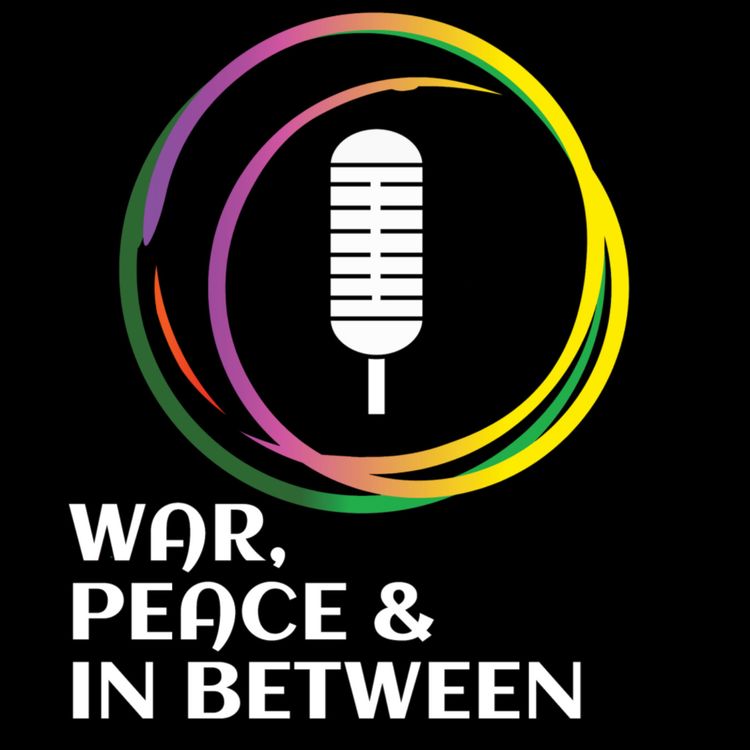
War, Peace & the In Between
The Importance of Regional Responses to Covid-19
Season 1, Ep. 3
•
Regional organisations in Latin America, Africa, and Asia have responded to the Covid-19 pandemic in very different ways - some strengthening international cooperation, others highlighting existing tensions. We ask why regional organisations matter in responding to a global crisis, and how regional responses to Covid-19 might affect future international relationships.
Featuring special guests Dr Kathryn Nash and Hannah den Boer from the University of Edinburgh's Political Settlements Research Programme.
More episodes
View all episodes
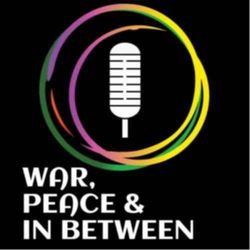
7. Breathing Space: Understanding vaccination ceasefires in armed conflict
21:29||Season 1, Ep. 7As Covid vaccines make their way around the world, vaccinating people living in conflict zones is a difficult task. Insufficient health infrastructure, transport issues, lack of access, and misinformation can make it difficult to conduct a comprehensive vaccination campaign in these areas. One way of dealing with these challenges is by calling a vaccination ceasefire – a humanitarian pause to facilitate the delivery of essential health services.PSRP has been researching how vaccination ceasefires have been used in the past, how they are negotiated and implemented, how they differ from other types of ceasefires, whether they have a lasting impact on wider levels of violent conflict, and the implications for peacebuilding. In this episode, Sanja Badanjak, Laura Wise, and Ian Russell discuss the opportunities and challenges involved in using vaccination ceasefires to deliver vaccines to conflict-affected populations.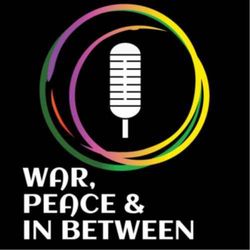
6. Comparing Regional Responses to Covid-19
20:36||Season 1, Ep. 6In this episode we continue the conversation started in Episode 3, in which we introduced the importance of regional responses to the pandemic. We compare responses from regional organisations around the globe, including the Southern African Development Community (SADC), the Organisation of American States (OAS), and the Organisation of Islamic Cooperation (OIC), to demonstrate how each regional organisation has used its unique areas of expertise to support responses to the pandemic. Our guests also outline the findings of a mapping exercise looking at the effects of Covid-19 around governance and accountability of responses in Southern Africa and the continent. We ask how these responses might change governance going forward, and how each organisation is collaborating with other organisations and actors in the international system.Featuring special guests Dr Kathryn Nash and Hannah den Boer from the University of Edinburgh alongside Nicholas Maple from the African Centre for Migration & Society (ACMS), University of the Witwatersrand, Johannesburg.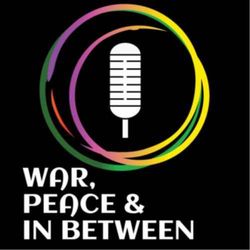
5. Power-sharing and inclusion in peace processes
36:38||Season 1, Ep. 5Power-sharing is one of the most commonly used mechanisms for peace, but also one of the most controversial. In this episode, Dr Kevin McNicholl and Dr Dawn Walsh give an introduction to power-sharing and how it can deliver stability, peace and good governance while simultaneously working for the inclusion and meaningful participation of a range of actors, and outline some key debates around power-sharing.Featuring Dr Kevin McNicholl, Post-Doctoral Researcher on the Political Settlements Research Programme at the University of Edinburgh. and Dr Dawn Walsh, Assistant Professor in the School of Politics and International Relations at University College Dublin.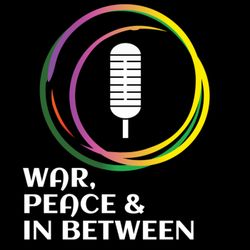
4. Data Focus: The Birthday Paradox
19:18||Season 1, Ep. 4In this special data focus episode, we talk about the birthday paradox - a phenomenon stemming from the collision of human intuition and probability theory - and how a team of PeaceTech researchers encountered a real-world application of these ideas in a database of global peace agreements.Featuring special guests Dr Sanja Badanjak, Chancellors Fellow in Global Challenges at Edinburgh Law School and associate of the PSRP, and John Allison, Senior Analyst Developer with the University of Edinburgh Information Services.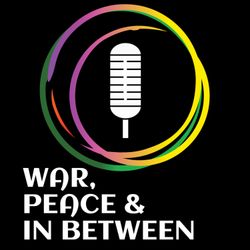
2. Ceasefires in a Time of Covid-19
14:29||Season 1, Ep. 2In this episode we examine how parties engaged in armed conflict have reacted to the Covid-19 pandemic, and whether attempts to reach a global ceasefire have been successful. We introduce a new digital tool that monitors the effects of Covid-19 on armed conflict around the world, together with live data on infection rates. Featuring special guests from the Laura Wise and Fiona Knäussel from the University of Edinburgh's Political Settlements Research Programme alongside Therese Lynch from mediatEUr.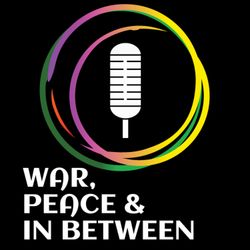
1. PeaceTech: Digital Tools for Building Inclusive Peace
17:21||Season 1, Ep. 1We open the series with an introduction to the growing field of PeaceTech, and examine how and why peace builders are teaming up with data scientists to develop cutting-edge technology for inclusive peace. We explore what it takes to make a successful PeaceTech collaboration, and take a glimpse into two PeaceTech initiatives in action: a digital tracking tool monitoring global ceasefires during the Covid-19 pandemic, and a mobile app that enables women's participation in peace processes.Hosted by Allyson Doby, part of the communications team at the University of Edinburgh's Political Settlements Resarch Programme (PSRP), and featuring special guests Dr Devanjan Bhattacharya and Fiona Knäussel from the PSRP's PeaceTech team.